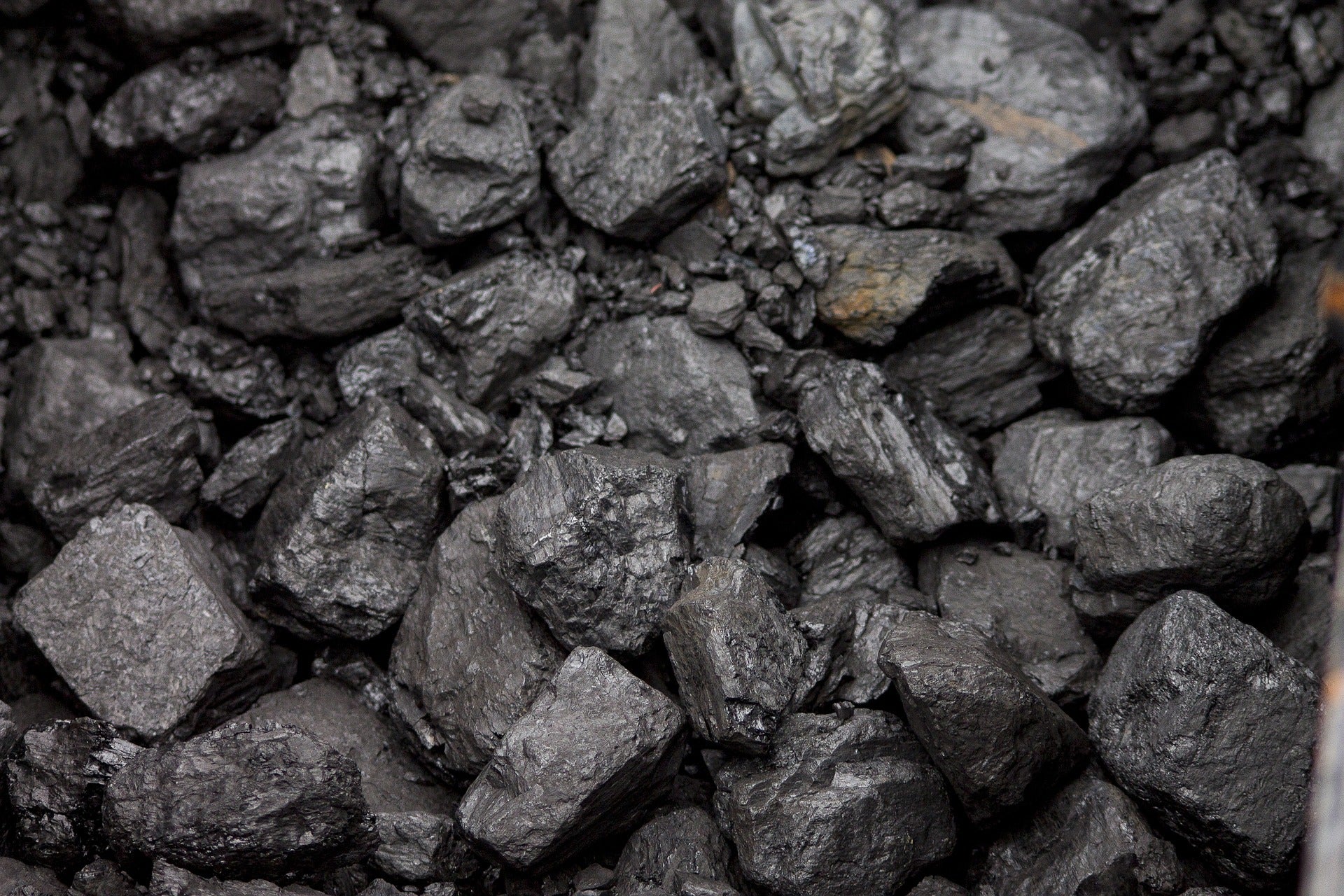
An inquiry over plans to build the UK’s first deep coal mine in 30 years has begun. The proposal, led by West Cumbria Mining, calls for the investment of £160m in a mine that would create more than 500 well-paying jobs, ranging up to £60,000 a year. The mine would produce coking coal or metallurgical coal, used exclusively as an essential ingredient for steel production.
The plan has been in development since 2014, with the proposed site near Whitehaven in West Cumbria. The mine is expected to supply the UK and European steel-making coal market, which currently imports around 45 million tonnes per annum. It would be expected to ease the reliance on imports which, in 2019, was over 52 million tonnes.
Controversial plans
The plans attracted significant controversy earlier this year. They were considered particularly problematic in the run-up to the crucial COP26 climate change summit set to be hosted in Glasgow this November. Chris Stark, the chief executive of the Climate Change Committee, pointed out that the mine would “increase global emissions and make it harder to achieve the UK’s carbon budgets”.
The mine was initially approved by the Cumbria Country Council in October 2020 but was suspended in February 2021. This came after guidance from the government’s advisory Climate Change Committee recommended in December that the use of coking coal should be curbed by 2035, whereas the council has granted permission to dig until 2049.
The decision divided both local and national opinion, with many favouring the well-paid manual jobs it would bring, but others are warning of the risks of climate change.

US Tariffs are shifting - will you react or anticipate?
Don’t let policy changes catch you off guard. Stay proactive with real-time data and expert analysis.
By GlobalDataMike Starkie, the mayor of the Whitehaven area, stated: “I don’t think anyone would argue that it is anything but very positive for the local economy.”
However, those arguing against the scheme say that the issue will cast a dark cloud over the annual climate summit, limiting the validity of Britain’s green credentials. Maggie Mason, of the South Lakes Action on Climate Change Towards Transition (SLACCtt) charity, said: “Our expert witnesses show that the coal from this mine is not the type that the UK and EU steel industry needs, so it would not replace current imports.”
Additionally, campaigners have pointed to the withdrawal of major investors in the project as a sign of dwindling support for the mine. EMR Capital, which has invested over £30m in the scheme, has vacated its interest in West Cumbria Mining in a “cost saving” measure. Cumbria County Council has also completely withdrawn support for the project altogether.
West Cumbria Mining, in response, has stated that they had fully considered the project’s climate impacts and had “implemented significant and world-leading techniques to demonstrate that the resources industry can also achieve net carbon-zero operations”.
Impact of inquiry
The four-week inquiry will commence from 7 September. SLACCtt will challenge claims made by West Cumbria Mining Company.
SLACCtt chair of trustees Carole Wood said: “The public inquiry is the next stage of a long battle to highlight the damage to the climate and environment from this proposal.”
West Cumbria Mining, in response, has published a detailed explanation of why it believes the mine is necessary and acceptable, claiming it will “directly” create 532 jobs. The company also argues that “the project is fully compliant with government climate change policies alongside its wider Industrial Strategy, as a vital part of the steel industry supply chain”.
The company claims that the mine would not be reliant upon any public funding and will represent a substantial post-Brexit/Covid-19 inward investment into the UK economy.
However, with political support lacking for the project and investors dropping out, the project is under severe threat of being scrapped to ensure Britain’s green credentials are not threatened before the COP meeting in Glasgow.
Acronym not used again so no need for it [CT1]



